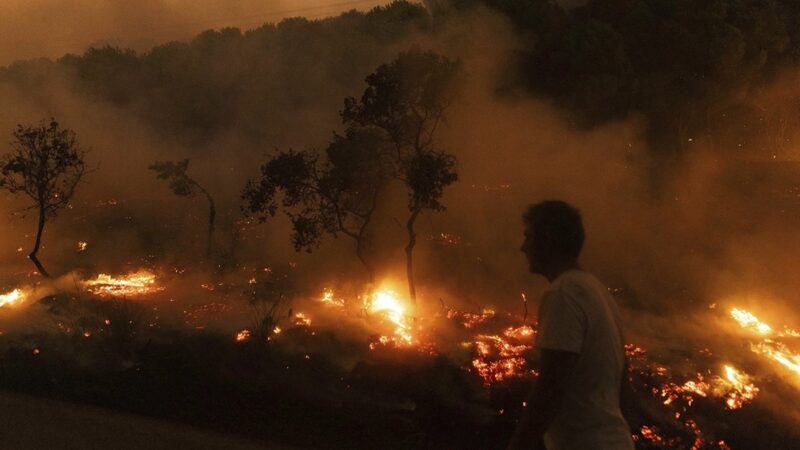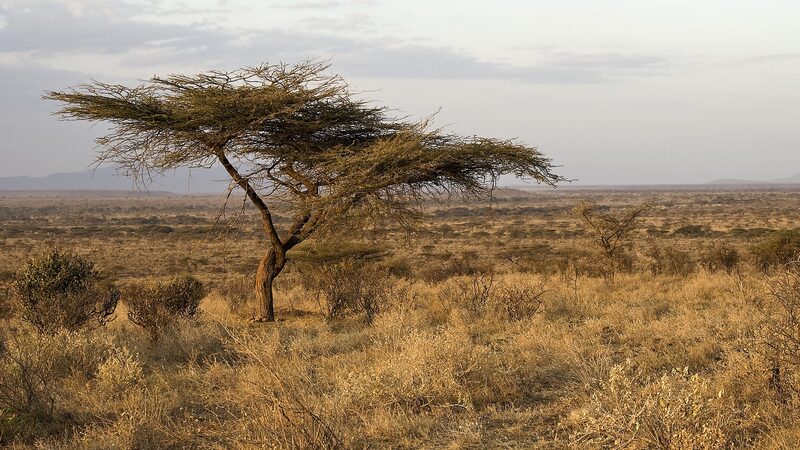A devastating marine heat wave in the northeast Pacific Ocean from 2014 to 2016 killed 4 million common murres – wiping out half the species’ population in Alaska – and left ecosystems in lasting turmoil, according to a new study in Science published Thursday.
🌡️ The extreme ocean warming, nicknamed 'The Blob,' disrupted food supplies for these black-and-white seabirds, causing mass starvation. Researchers say the birds’ numbers still haven’t rebounded, indicating a troubling 'new normal' for marine life.
🐟 'The murres’ collapse is a climate change alarm bell,' said lead biologist Dr. John Piatt. 'Their inability to recover suggests entire food webs have shifted – and ecosystems might not bounce back.'
🌍 The study highlights how rapidly warming oceans threaten biodiversity. Common murres, once abundant in northern waters, now face an uncertain future as marine heat waves become more frequent and intense.
Reference(s):
cgtn.com



